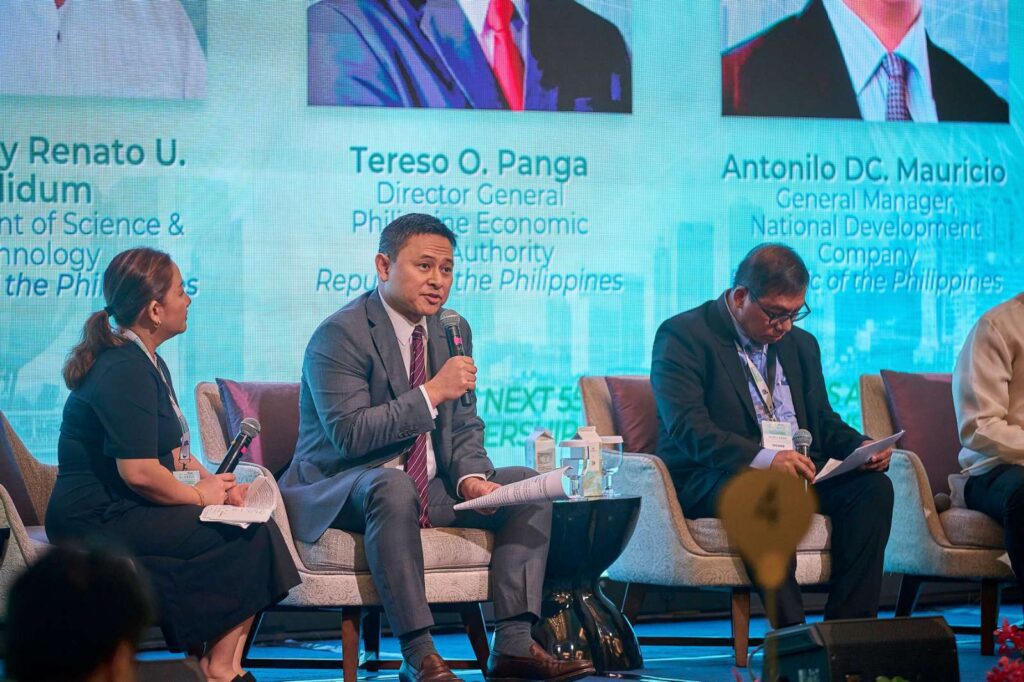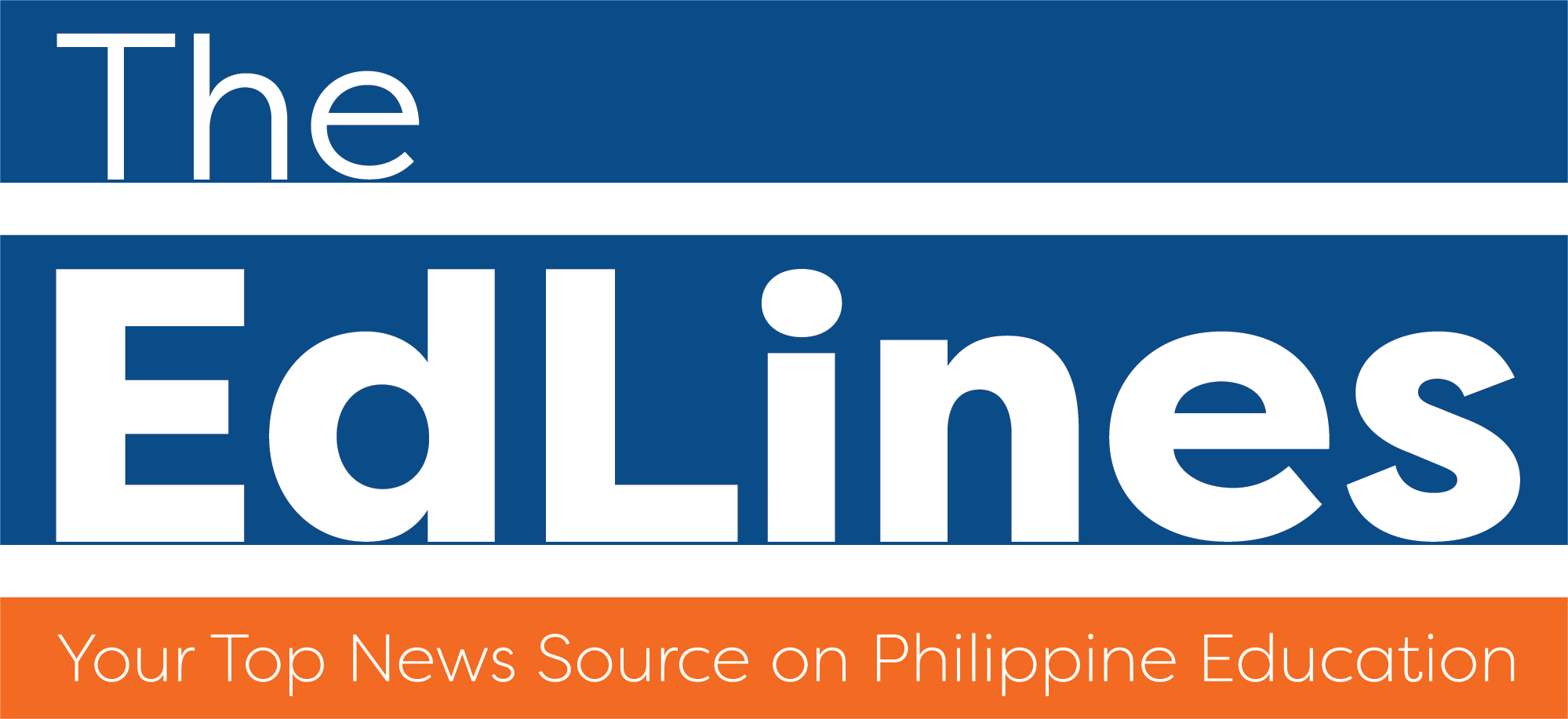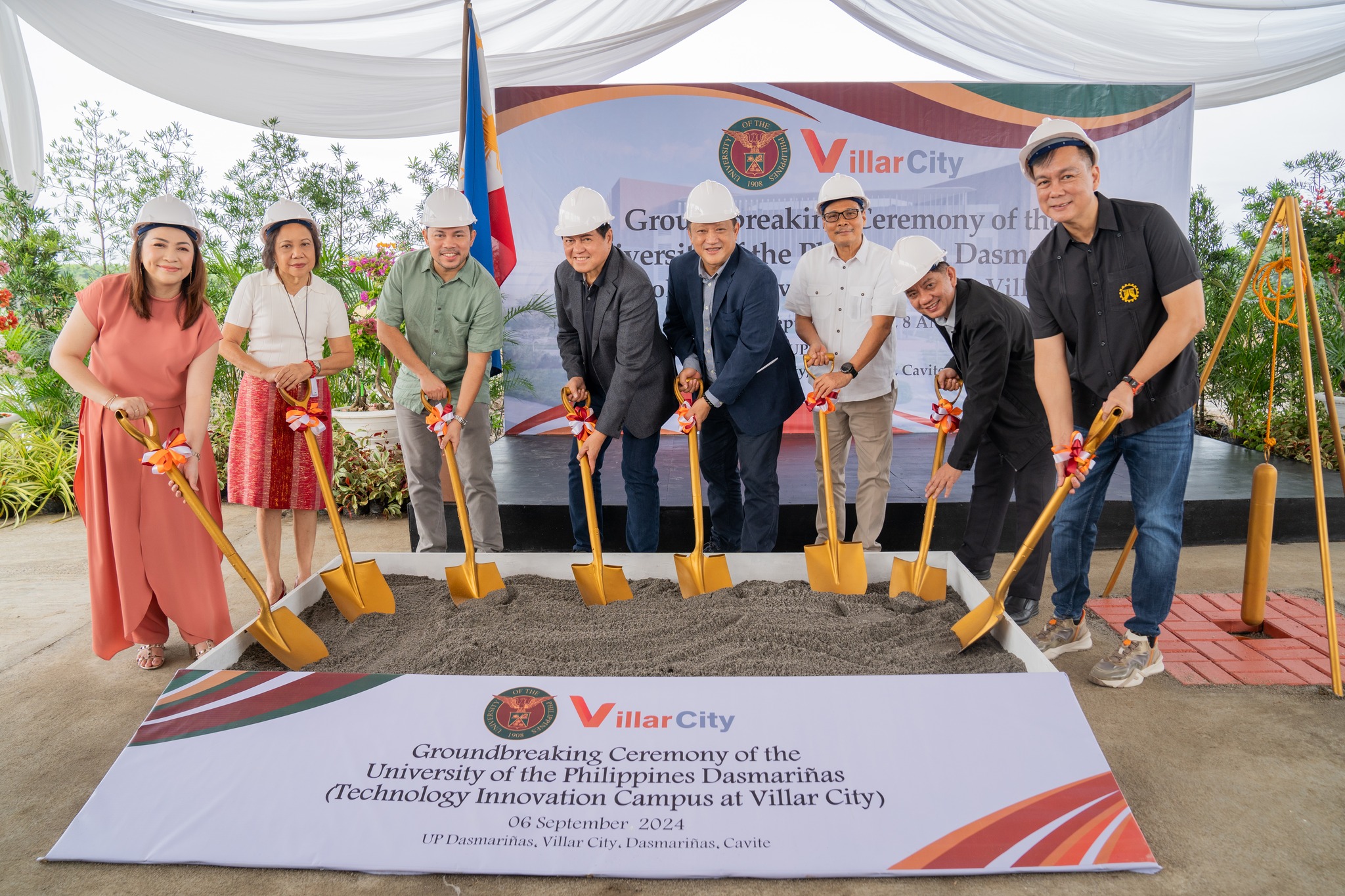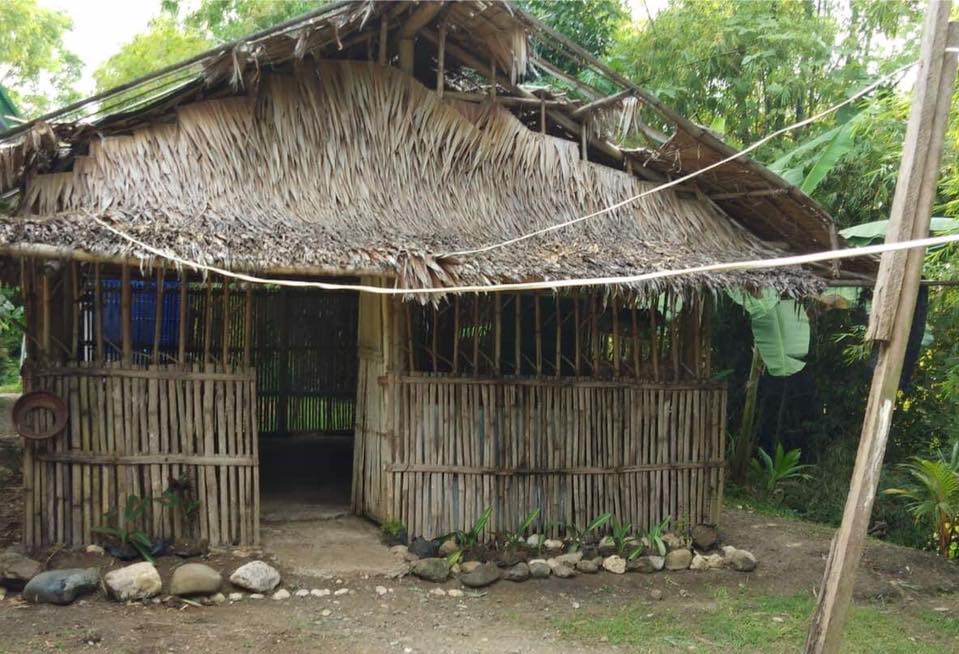The Department of Education (DepEd) said it is working to add coding in the basic education curriculum and develop students’ tech skills and readiness for future job markets.

Angara also expressed hopes to learn from Singapore, which implements a 10-hour enrichment program on coding for learners as early as Grade 4. Photo by DepEd.
“We are working to incorporate coding into our curriculum,” said Education Secretary Sonny Angara at the 4th Philippine-Singapore Business and Investment Summit last September 19. He also expressed hopes in learning from Singapore, which implements a 10-hour enrichment program on coding for learners as early as Grade 4.
Angara, however, did not elaborate on the earliest grade level it is eyeing to make coding available. At present, under the MATATAG Curriculum, basic coding is not introduced until sixth grade.
Experts have suggested exposing children as early as age five to the underlying concepts of coding. Studies have shown that early coding enables children to appreciate computational thinking and develop problem-solving skills.
To recall, DepEd partnered last August with African-led global organization iamtheCODE to boost high school learners’ coding competencies.
Digital skills
At the summit, Angara further detailed DepEd’s efforts to hone “a more creative and innovative Filipino learner” with digital skills that fill the demands of future global industries.
The Philippine Chamber of Commerce and Industry, the country’s largest business group, has urged Angara to prioritize students’ digital competencies after the country plummeted by 29 spots in Coursera’s 2023 Global Skill. The report ranks learners’ skills and proficiency in business, technology and data science.
The Philippines placed 99th out of 100 countries in the 2023 edition from ranking 70th out of 102 countries in the previous year. The country’s percentile rank in business proficiency dropped to 16% from 62%. Technology proficiency also fell to 5% from 29% while data science proficiency deteriorated to 1% from 21%.
The DepEd chief also highlighted new laws and policies aimed at attracting foreign investors. He said the country is a strong player in the global workforce as it generates over a million graduates annually.
While acknowledging the risks of investing in the Philippines, Angara stressed the opportunities, citing the adaptability and quick learning skills of Filipino workers.
“There’s a leap of faith involved in investing in the Philippines but there’s also a lot of pleasant surprises so I think one of the pleasant surprises is that the Filipino worker who is immensely adaptable and a quick learner so I think that’s something we could all benefit from,” Angara said.
The summit, marking 55 years of diplomatic ties between the Philippines and Singapore, focused on collaboration in education, technology and workforce development. — with Claire-de-lune Gamboa


